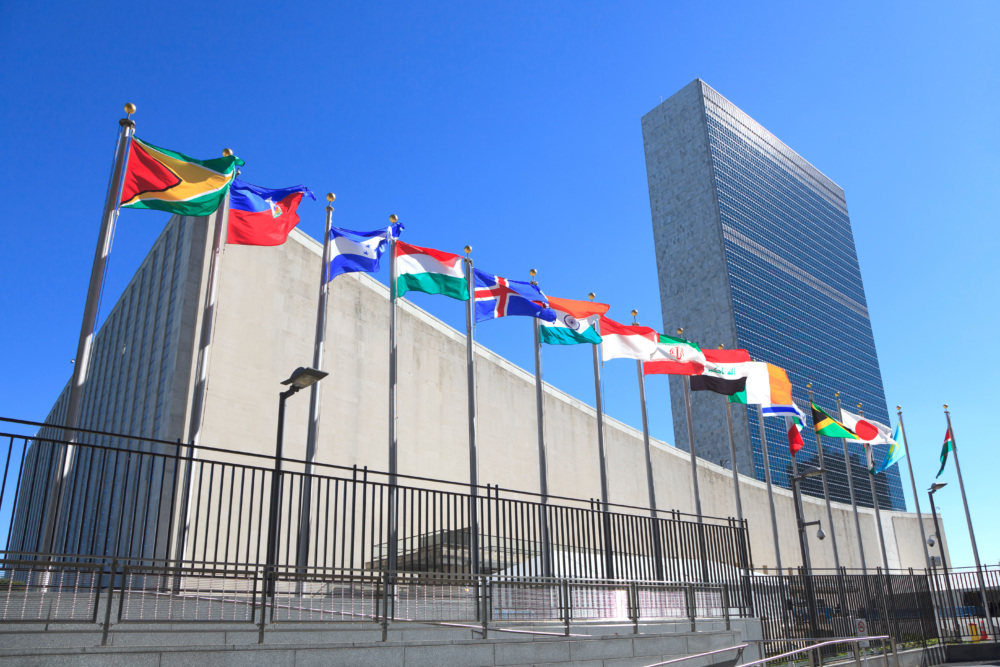
Alexey Arbatov
Head, Center for International Security at the Primakov National Research Institute
A number of NTI's board members have written or commented on the use of chemical weapons in Syria and the way forward in international news outlets.
Regarding Russia's proposal to Syria to place its chemical weapons under international control, board member Alexey Arbatov previewed what that proposal might look like, in practice, including establishing a special UN body, seeing that Syria signs the Chemical Weapons Convention and dispatching inspectors from the Organization for the Prohibition of Chemical Weapons — the overseer of the treaty — to gather facts about Syria's chemical weapons arsenal.
Arbatov also shared some of the practical challenges in Moscow's proposal, saying, "Syria has huge chemical weapons stockpiles – up to 1,000 tonnes at three facilities…who will volunteer to do the job? Russia's chemical weapons elimination facilities are too busy with doing away with domestic arsenals," he noted. Highlighting the risks of transport, Arbatov said, "Transporting chemical weapons from Syria by train or by tanker is extremely risky. They may well come under attack by the armed Opposition. Escapes of sarin may follow to bring about catastrophic consequences." Read Arbatov's comments in ITAR-TASS.
Writing in The Guardian, emeritus board member Shirley Williams noted the opportunity to engage Iran in a political settlement of the Syrian conflict. She points out new Iranian President Hasan Rouhani's condemnation of the most recent chemical weapons attack in the Damascus suburbs. "Iran is also a country that has suffered more cruelly than any other from chemical weapons," she writes. "During the Iran-Iraq war in the 1980s, Iran lost tens of thousands of young men, many to the obscene effects of chemical weapons used by Iraq, which was never condemned by the west." Read the op-ed.
Rolf Ekéus commented to Reuters on the odd timing of Syria's chemical attacks, occurring just after the arrival of UN monitors.
And following the revelation that British companies sold chemicals to Syria that could have been used to produce the deadly nerve agent used in the chemical attacks on the Damascus suburbs, new board member and former British Foreign Secretary Sir Malcolm Rifkind condemned the sale, saying, "When you have a dual-use chemical and one of the uses is for the construction of chemical weapons, as a general policy that should not be permitted for sale to any regime that is either known to have or might be interested in constructing chemical weapons or to a country that has failed to sign up to the international accords on the trade in restricted substances." Commenting to the UK's Daily Mail, he concluded, "In the case of these licences being awarded to sell sodium fluoride to Syria it sounds as if some serious errors were made."
Ahead of last month's Parliament vote that failed to authorize British military intervention in Syria, Rifkind warned, "The Syrian government will be watching carefully to see whether the international community is determined to act or is impotent. Months ago President Obama warned that a red line would be crossed if chemical weapons were used. If these warnings are now seen to be hollow the Assad regime will draw the conclusion that it can commit whatever atrocities it wishes against its own people without paying any price." Read his op-ed in The Guardian.
Sign up for our newsletter to get the latest on nuclear and biological threats.
As the war in Ukraine continues, destroying cities and causing the worst humanitarian crisis in Europe in a generation, NTI’s policy experts are fanning out across the news media to discuss the implications of Putin’s actions
NTI's Joan Rohlfing and Jaime Yassif discussed how we can address catastrophic nuclear and biological threats imperiling humanity.
NTI will host three side events at the 10th NPT Review Conference.


